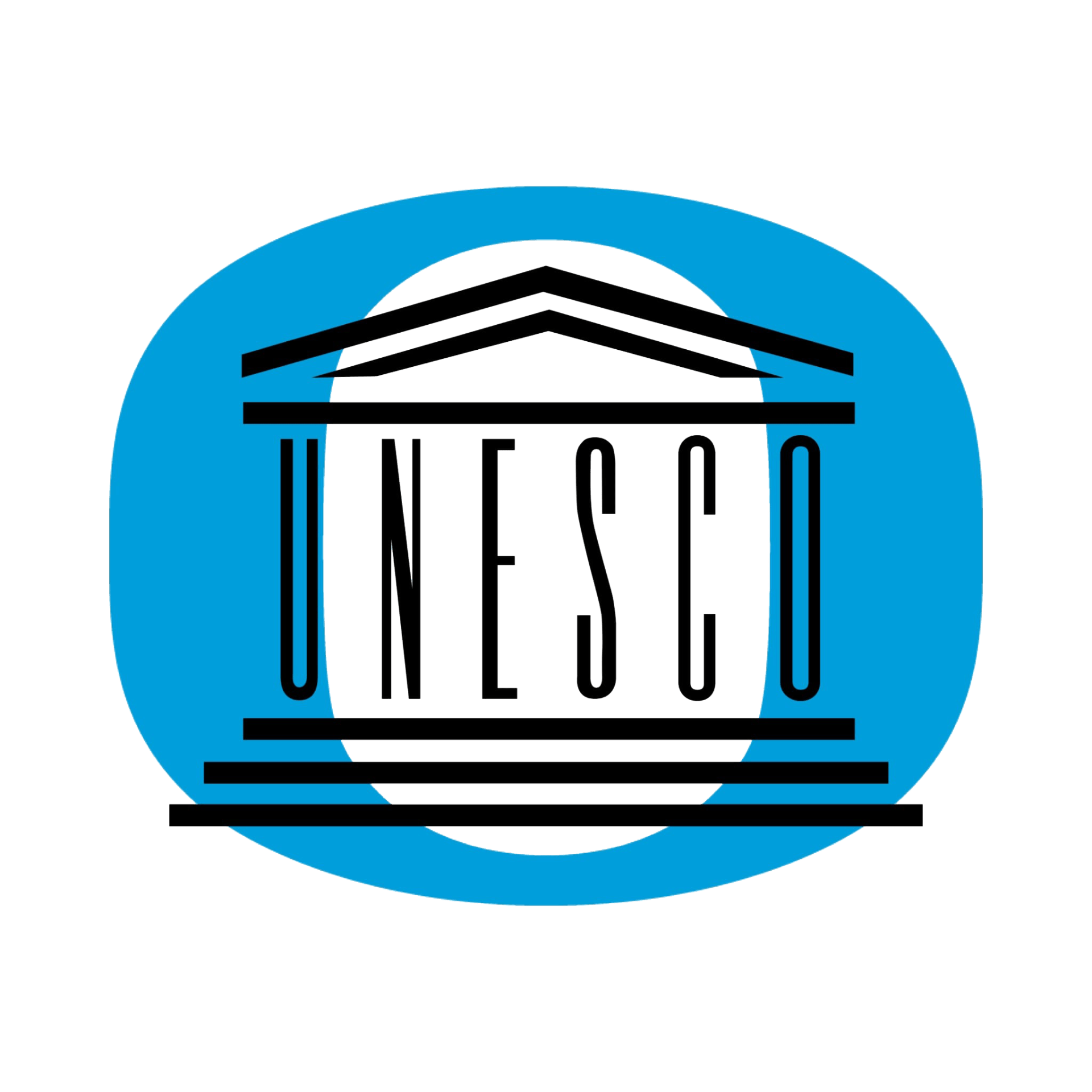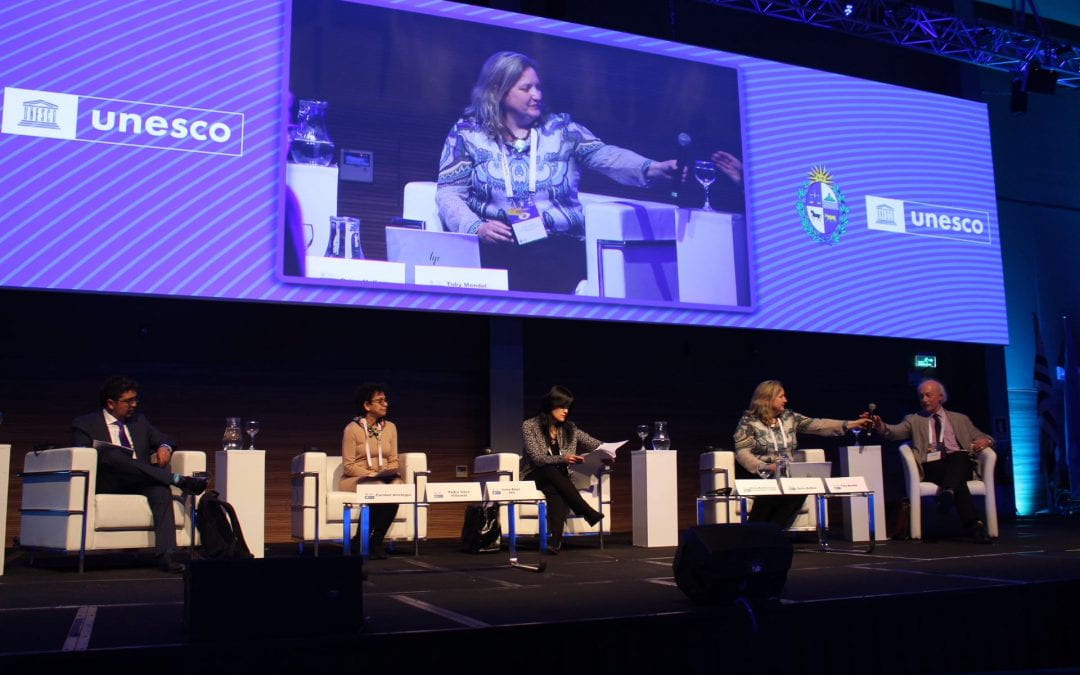by Noah Camuso
“When every major freedom of expression organization is telling you that you don’t know what you’re talking about, maybe pause a little bit to listen”
Within the past week, the European Union reached a historic agreement to create the Digital Services Act (DSA), legislation that, in part, defines the responsibility for social media platforms to regulate illegal content and disinformation.
Shortly after, Elon Musk’s offer to buy Twitter was officially accepted. Musk has described himself as a “free speech absolutist,” and has expressed bold, if still vague, plans for what he plans to do for the microblogging platform, including making the Twitter algorithm open-sourced, decreasing content restrictions, and eradicating fake accounts. Some critics, including members of the European parliament, have argued that aligning these aspirations with new legislation, such as the EU’s Digital Services Act, will be a key strategic challenge for Musk and Twitter’s evolution.
One organization following these developments closely is Article 19, an international human rights organization that focuses on freedom of expression and freedom of information worldwide.
In an interview with the UNESCO Youth Newsroom at the annual World Press Freedom Day conference, this year hosted in Uruguay, the Executive Director of Article 19 Quinn McKew shared with us her thoughts on Elon Musk, Twitter, and the Digital Services Act.
How will Elon Musk’s “absolutist” position on free speech clash with the European Union’s recent DSA?
Quinn McKew: It’s important to understand that the European tradition around freedom of expression is very different from the American First Amendment. The European approach allows for more restrictions on freedom of expression than the First Amendment, so the DSA is inherently coming from that perspective, which takes a more balanced view of how expression intersects with things like hate speech and discrimination than in the United States.
How does the European Union intend to enforce content regulation on Twitter?
The DSA itself is designed to put crippling penalties on global companies for failing to abide by the rules that they have set out in the DSA in terms of content moderation. Those penalties can [be up to] 6% of their global revenues for failing to comply with the European regulations. Those [penalties] actually have to do with an obligation that’s been put on the companies to proactively look at being more transparent around their algorithms and proactively take down content that does not meet the agreed standards that are being put out in Europe. So the idea of being a free speech absolutist is completely not going to fly in Europe.
Tell me about the shortcomings of Twitter’s system of regulating, flagging, and removing content before Elon Musk bought it.
Twitter famously came from a stance where they call themselves the free speech wing of the free-speech party. The problem is that stance ran pretty quickly into calls for genocide, calls to destabilize legitimate governments, massive amounts of hate speech, misogyny, and death.
So internally, Twitter had gone on a bit of an evolution from “we’re not going to do anything” to “actually, we’re harming expression by not doing anything.”
It seems like Elon Musk has not really gone on that journey.
Twitter has actually tried to invest in building more trust between communities to have more content moderation policies be more influenced by people who are being impacted.
They’re not perfect by any means. In fact, I think most civil society organizations would say that they’re actually not taking enough content – that really shouldn’t be there – down because the systems aren’t perfect. They have a very small content moderation team compared to the large[r] platforms.
And it shows in the ability of, again, pretty virulent genocidal calls, hate speech, misogyny, anti-LGBT things to run rampant on Twitter.
One important part of freedom of expression is enabling marginalized communities to speak out without being silenced. What are the consequences of ‘absolutist’ free speech for expression in that context?
Article 19 and a lot of freedom of expression organizations believe that the power of expression, as you said, is rooted in the ability to act as a leveler between the powerful and the powerless, that all voices should have the ability to be heard.
What we’ve seen online is that the way internet interactions and social media interactions are constructed still dramatically skews towards the powerful having more impact than the powerless. This is something that’s reflected in the content moderation that we’ve seen. By failing to try and rebalance and provide a more even playing field where people aren’t driven off the platforms you’re actually hurting expression.
You’re saying to a lot of these people, your voices count for nothing, and we don’t care if you feel safe.
It’s this idea that people should be willing to take a lot of abuse in order to be heard, without understanding that the powerful are not taking that abuse. It’s the people who are already marginalized in society.
And that actually leads to less expression being heard and less diversity of voices.
You see this quite strongly in, in the Middle East with a lot of the Middle East feminists being relentlessly hounded off of social media platforms. Is that better? Has the complete silencing of female voices resulted in better understanding and more peace or democracy in the world? Absolutely not.
Can you talk about how Article 19 connects with marginalized Twitter users?
Article 19, is a organization that operates in many different countries around the world. We have like nine different regional offices. As part of our core strategy we work with people who are in vulnerable context or who have been marginalized, to level out the playing field between their voices, and others.
It’s important to realize that Twitter’s global audience is 400 plus million, of which only about 200 million are active daily users. And a lot of those are heavily biased toward western audiences. One of the things that Elon Musk has said it’s a global town square or something like that. That’s absolutely not the case.
I think it is really important to realize that most people in the world are not on Twitter.
What are signs that Elon Musk might not up to date on this conversation about freedom of expression?
When every major freedom of expression organization is telling you that you don’t know what you’re talking about, maybe pause a little bit to listen.
He should know more than anyone that the old school idea that the antidote to bad speech is more speech utterly falls apart online because it’s driven by algorithms.
These issues have been fundamentally vexing people who do nothing but think about them for the past 20 years. It’s complex. It’s infinitely complex.
Putting a man on the moon is an engineering challenge. Social issues are not engineering challenges. They’re infinitely harder to deal with. And what Twitter has is a social problem.

